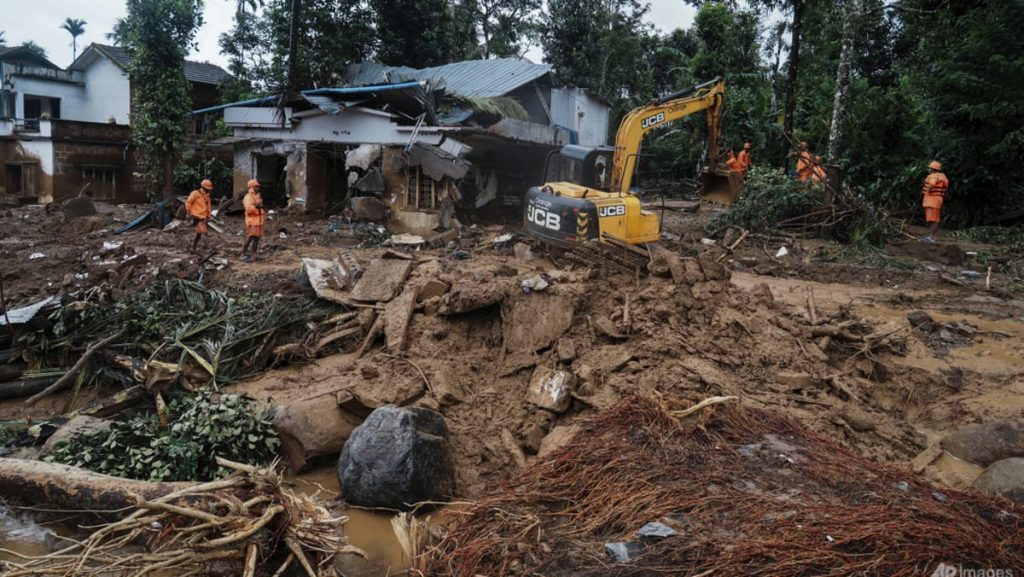Kerala, a state in India known for its scenic beauty, has been plagued by landslides in recent years, accounting for nearly 60 per cent of landslides in the country between 2015 and 2022. The Western Ghats, a mountain range that runs along the state’s eastern border, has been heavily impacted by human activities, resulting in environmental degradation. A committee appointed by the federal government in 2011, led by ecologist Madhav Gadgil, highlighted the ecological sensitivity of the Western Ghats and recommended restrictions on mining, infrastructure development, and tourism to protect the region.
However, state governments, including Kerala, did not accept the recommendations of the Gadgil committee, leading to a reduction in the overall protected area of the Western Ghats. Despite the efforts of various stakeholders to water down the recommendations, the federal government has yet to issue a final order implementing the suggested measures. Gadgil expressed disappointment with the lack of action, stating that tourism, which is a significant source of revenue for the state, often takes precedence over environmental conservation.
Kerala Chief Minister Vijayan dismissed concerns about the impact of tourism-led development on the environment, focusing instead on relief and rehabilitation efforts in the aftermath of natural disasters such as landslides. Locals, like Padikkalparamban in Mundakkai, view tourism as a source of employment opportunities in the absence of other viable options. However, industry experts, like KR Vancheeswaran of the Wayanad Tourism Organisation, acknowledge that human activities have contributed to environmental degradation, emphasizing the need for sustainable practices to prevent further disasters.
The clash between economic development and environmental conservation in Kerala highlights the challenges faced by regions heavily reliant on tourism as a source of income. While the tourism industry provides jobs and economic growth, it also poses risks to the natural environment, as seen in the case of the Western Ghats. Striking a balance between economic prosperity and environmental sustainability remains a key challenge for policymakers and stakeholders in Kerala.
Moving forward, there is a need for greater collaboration between government agencies, local communities, and the tourism industry to implement sustainable practices that protect the environment while supporting economic growth. By adhering to the recommendations of experts like the Gadgil committee and prioritizing environmental conservation, Kerala can mitigate the impact of human activities on the fragile ecosystem of the Western Ghats. Ultimately, the state must embrace a holistic approach that considers both economic development and environmental protection to ensure a sustainable future for “God’s Own Country”.












